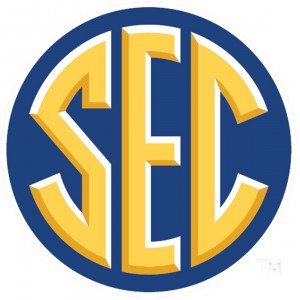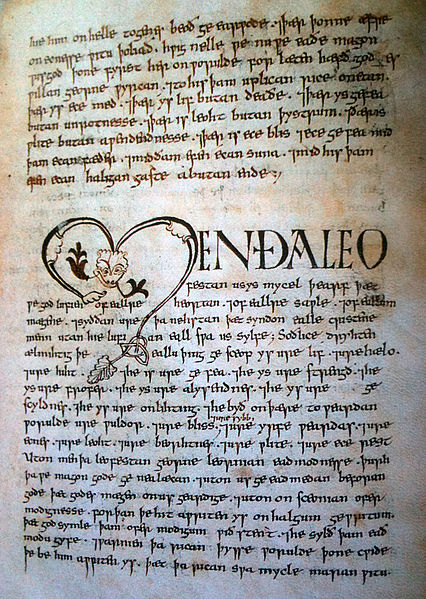October 22, 2014
 The University of Mississippi School of Law recently approved its first four affiliated faculty as part of the law school’s new affiliated faculty program: John Green from the Department of Sociology and Anthropology; Steven Skultety from the Department of Philosophy and Religion; and John Winkle from the Department of Political Science, and Robert Mongue from the Department of Legal Studies.
The University of Mississippi School of Law recently approved its first four affiliated faculty as part of the law school’s new affiliated faculty program: John Green from the Department of Sociology and Anthropology; Steven Skultety from the Department of Philosophy and Religion; and John Winkle from the Department of Political Science, and Robert Mongue from the Department of Legal Studies.
“The Law School’s new Affiliated Faculty Program is meant to promote creative collaborations in teaching, research and service between law faculty and other UM faculty,” said Jack Nowlin, associate dean for faculty development and professor at the law school. “There is so much scholars from different fields can learn from working with each other. Our work only gets better when we collaborate across disciplines.”
The law school hopes this program will increase collaborative activities such interdisciplinary participation in the law school’s academic workshop program, joint sponsorship of speaking events, joint research projects and team-teaching.
UM faculty recognized as law school affiliates will appear on the law school’s faculty page with that title and will also receive special invitations to attend law school speaking events and participate in workshop programs.
Each of the law school’s four new affiliated faculty members is an outstanding UM faculty scholar with a solid history of interdisciplinary collaborations with the law school.
Professor John Green is an associate professor of sociology and director of the Center for Population Studies. His interests include community development, health and health care, limited resource and minority farmers, and the social dimensions of disaster. He has worked with the law school’s transactional clinic and engaged in joint research projects with Professor Desiree Hensley.
“I am elated to be an affiliated faculty member with the School of Law,” Green said. “As a research center director and faculty member in the Department of Sociology and Anthropology, I am working on a wide range of applied programs in community development, agrifood systems and health. This association with the School of Law has expanded the reach of my work and my professional connections.”
Steven Skultety is an associate professor of philosophy and chair of the Department of Philosophy and Religion. Professor Skultety’s interests lie in ancient philosophy, especially the work of Aristotle, and in republican and democratic theory. Skultety’s collaborations with the law school include co-sponsoring speaking events and regularly participating in the law school’s faculty writing groups.
“Philosophy and law both rest on an ability to make clear and persuasive arguments,” Skultety said. “Whenever I work with my colleagues in the Law School, I’m struck by how much we have in common. Anyone who attends one of our co-sponsored events – like our annual Constitution Day talk or the Jack Dunbar lecture in philosophy and law – will also see the similarities. As an affiliated faculty member, I’m looking forward to continuing my own collaboration with law professors, and I’m also excited to search for new ways the Law School and the Department of Philosophy and Religion can work together.”
John Winkle is professor emeritus with the Department of Political Science. Over his 40 year career, he has taught courses on constitutional law, judicial politics the American legal process, and many other topics. He has published numerous articles on wide range of subjects such as lobbying by federal judges before Congress, state-federal judicial councils and the political role played by the administrative office of the U.S. courts. Winkle’s long history of collaborations with law faculty include team-teaching, participating in joint speaking events and circulating drafts to law faculty for comment.
“I am delighted to be a law school faculty affiliate and look forward to continued work with my colleagues in the law school,” said Winkle. “Some of my fondest associations over the years have been with active and retired law school faculty whom I am pleased to call my friends.”
Robert Mongue, associate professor of legal studies, has had over 30 years’ experience practicing law in addition to his academic accomplishments. He specializes in paralegal education and is the author of the “Empowered Paralegal” book series. His collaborations with the law school include giving guest lectures, organizing interdisciplinary speaking events and working on projects to better integrate graduate and undergraduate legal education.
“I look forward to the opportunity to strengthen the bond between the law school and the Legal Studies Department, especially the Paralegal Studies Program,” Mongue said. “While my previous communications have focused on those of our students who intend to apply for admission to law school, I think that it would be just as helpful to both paralegal students preparing for careers as paralegals and law students preparing for careers as attorneys to engage each other during their education for purposes of improving their working relationships when that education is complete.”
UM faculty interested in collaborative opportunities with the law school should contact Associate Dean Jack Nowlin. UM faculty may apply for affiliated faculty status by sending Dean Richard Gershon a curriculum vitae along with materials highlighting recent collaborative activities with law faculty. A copy of the law school policy is available here: Affiliated Faculty Policy.
Learn more about these affiliated faculty members on the faculty directory page.





